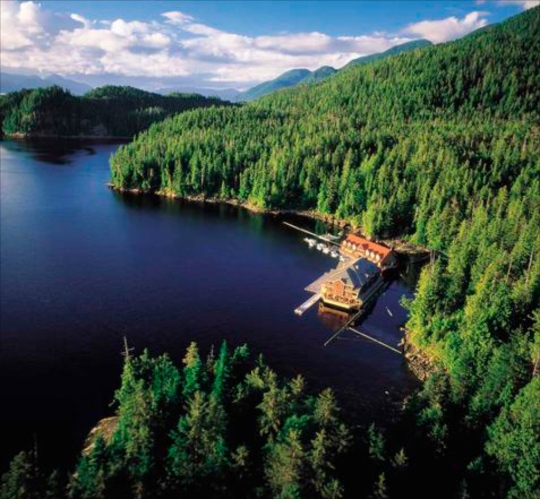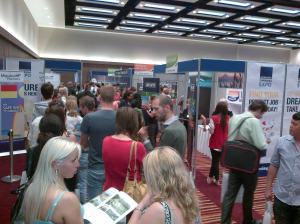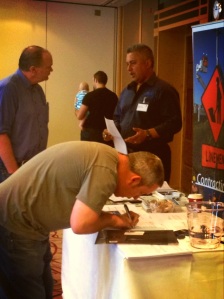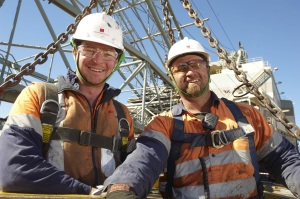Canada is #1 in the world because…
What comes to mind when you think of Canada? The imposing rugged wilderness of the Rockies? Maple syrup and Tim Hortons? Ice hockey? Hat-clad, horse riding Mounties? Famously friendly inhabitants?
Wherever your mind takes you about Canada, it seems that the rest of the world agrees with all the good stuff. Take a look.
The world’s most admired country
The Reputation Institute’s 2015 Country Reptrak® Survey has revealed that Canada is the world’s most reputable country – beating 54 other nations to the top spot. In particular, Canada scored highly for its effective government, absence of corruption, friendly and welcoming people, and welfare support system.
The Institute surveyed approximately 48,000 residents of G8 countries to gather the data for their rankings. Survey respondents ranked the reputations of the world’s 55 wealthiest nations on a variety of environmental, political and economic factors.
This highlights how Canada still remains a popular choice for people looking to move countries.
Check out the full report here.

Clifton Hill, Ontario – by Gary Burke, courtesy of Flickr.com
The world’s safest country
Your well-being is influenced by your feelings of personal security and how unlikely it is you’ll be physically assaulted or become a victim of crime. In Canada, the chances of you being assaulted are incredibly low.
The OECD (Organisation for Economic Cooperation and Development) Better Life Index focuses on the well-being of inhabitants across countries, rather than looking at economic statistics and cold data. Their most recent findings showed that 1.3% of people in Canada reported being an assault victim in the past 12 months. This is the lowest rate in the OECD, where the average is 3.9%.
So expect a safer, happier you if you make the move to Canada – see how else Canada scores in the Better Life Index. For a sneak peek, it ranks above average in housing, well-being, health status, income and wealth, social connections, environmental quality, jobs and earnings, education and skills, and civic engagement.
Call Canada home
If you’re keen to make the move to one of the world’s best countries, don’t miss our Working International Job Expo next March in the UK. As always, we’ll have a section devoted exclusively to Canada, with Canadian employers and exhibitors there to help you find a job, and learn more about visas. In the meantime though, you can still search for a job online and find out more about Canadian visas.
You tell us
What do you think Canada is #1 in the world for? Find us on Facebook and share your thoughts with us.

Spirit Island, Canadian Rockies – by Ann Badjura of Ann Badjura Photography, courtesy of Flickr.com


























